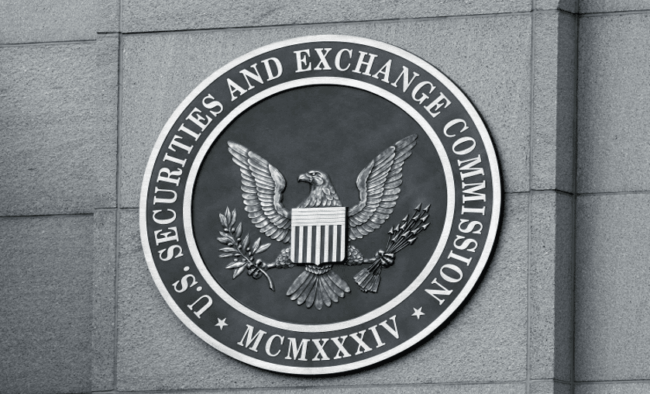Highlights:
- Brian Frye and Jonathan Mann filed a lawsuit against the SEC, questioning NFTs as securities.
- The lawsuit uses Taylor Swift’s concert tickets as an analogy to highlight the absurdity of the SEC’s approach.
- Attorneys argue the SEC’s broad interpretation of securities laws threatens artists’ livelihoods using NFTs.
Law professor Brian Frye and songwriter Jonathan Mann have sued the U.S. Securities and Exchange Commission (SEC) to clarify the regulatory status of non-fungible tokens (NFTs). The lawsuit, filed in the U.S. District Court in Los Angeles, questions whether NFTs should be classified as securities under existing SEC regulations.
Today, @songadaymann and I sued the @SECGov in Louisiana federal court, asking for a declaration that the SEC can’t regulate the sale of NFT art. I’ve argued that the SEC is abusing its authority for years & now I’m testing my theory. Here’s the complaint. https://t.co/AD8xYpV0kC
— Brian L. Frye (@brianlfrye) July 29, 2024
Lawsuit Details
The plaintiffs argue that the SEC’s broad interpretation of securities laws unfairly impacts artists who use NFTs as their medium. Their attorneys compared the situation to Taylor Swift’s concert tickets, sold on secondary markets but not treated as securities.
They stated:
Imagine if the SEC found that Taylor Swift songs or collectibles were securities and ordered them destroyed. It sounds far-fetched. But that is exactly what has happened to Impact Theory and SC2.
Brian Frye, a legal professor and conceptual artist, and Jonathan Mann, known for his “Song a Day” project. However, they seek declaratory and injunctive relief against the SEC’s enforcement actions on their NFT projects. They argue that NFTs, like traditional art, should not be subject to securities laws.
Key Arguments
The lawsuit highlights the SEC’s first NFT case against the YouTube channel Impact Theory, where the agency claimed the NFTs sold were investment contracts. The attorneys for Frye and Mann strongly disagree with this interpretation, asserting that it undermines the creative freedom of artists.
They argued:
The SEC’s approach could endanger the careers of artists and creators who are merely exploring an innovative and rapidly expanding technology or who have selected it as their favored medium.
Jason Gottlieb, Frye’s attorney, is known for his victory in the DEBT BOX case, which exposed the SEC’s overreach. Gottlieb believes this case will protect digital artists’ rights and limit the SEC’s regulatory scope. He noted that artists across the country are now facing the threat of the SEC targeting their distribution of visual or musical art as unregistered securities offerings.
Broader Implications
The case also underscores the broader implications of NFT regulation in the art market. NFTs have surged in popularity, often fetching high prices at auctions. However, the legal framework remains unclear. The SEC has suggested that some NFTs could be considered securities. Consequently, compliance with various rules and precautions is required. Frye’s lawsuit argues that digital art sold as NFTs should not be treated as securities. Moreover, art transactions differ significantly from business transactions.
The case has garnered significant attention, with crypto executives and groups backing the complaint. Katherine Minarik, chief legal officer at Uniswap Labs, mentioned that the SEC’s application of securities laws has become so arbitrary and unlawful that artists feel forced to sue the SEC directly to safeguard their livelihoods.
Wow. We have reached the point where the SEC’s application of securities laws is so arbitrary and unlawful that *artists* are compelled to sue the SEC directly in order to protect their livelihoods. The SEC is broken. (And fwiw I have thoroughly enjoyed many of these songs!) https://t.co/F6mfq2LJ6g
— Katherine Minarik (@MinarikLaw) July 29, 2024
The Blockchain Association shared this view, stating that it is unreasonable to expect musicians, designers, and other artists to hire lawyers to determine if their art sales will be considered securities offerings by the SEC.
The SEC declined to comment on the lawsuit, which marks a critical moment in the ongoing debate over regulating digital art assets. This case’s outcome could set a precedent for treating NFTs under U.S. law, impacting artists and creators nationwide.
Learn More
- Next Cryptocurrency to Explode in July 2024
- Crypto Price Predictions
- Best Solana Meme Coins to Buy In 2024
- Metaplanet Joins Bitcoin for Corporations Initiative
- Over 8 Million in Non-Empty Wallets: What this Milestone Means for Litecoin






